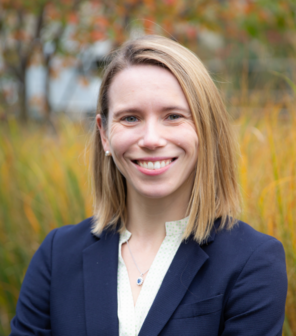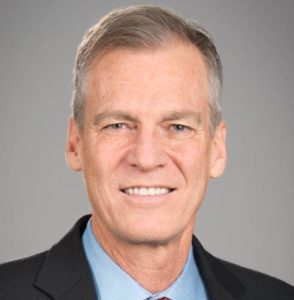
Witnesses called for greater transparency and federal oversight of the private-equity landscape within long-term care during a Congressional hearing Thursday that kept the issue in the national spotlight.

“Going to a PE-owned nursing home increases the short-term probability of death by about 10% — implying over 20,000 lives lost due to PE-ownership of nursing homes during about a 10-year period,” New York University assistant finance professor Sabrina Howell testified during the hearing, which was held by the House Ways and Means oversight subcommittee.
She added that private-equity ownership is also linked to declines in staffing, more antipsychotic medication use and increases in the amount billed to Medicare.
“I want to emphasize that PE [private equity] is very different across sectors and types of deals,” Howell said. “There are probably examples of PE, even in nursing homes, being good for patients. But what matters for policy is the aggregate effect and our analysis indicates that in the context of nursing homes, it is clear that private-equity buyouts are detrimental to patients and taxpayers.”
More transparency
Ernest Tosh, an attorney and nursing home data analyst, said taxpayers are not equipped to make an informed decision about reimbursement rates for nursing homes due to a lack of transparency within the industry.
“The fact is we do not know whether any one chain is making money or losing money. We don’t know if an individual nursing home is highly profitable or on the verge of bankruptcy,” he told lawmakers.
He accused for-profit nursing home chains of “highly manipulat[ing]” their financial filings and cost reports, and hiding profits through use of related parties. Tosh called on the federal government to require all nursing home chains to file audited, consolidated financial statements for its entire chain and related parties.
“Only then can we determine exactly what is transpiring in the nursing home industry and make an informed decision about how to fix these problems,” Tosh said.
“This massive financial manipulation makes it impossible for the taxpayer to figure out if the nursing homes need more money to survive or if they are intentionally understaffing to make more money for their owners,” he added.
Providers push back
No long-term care providers or associations spoke during Thursday’s hearing. After the hearing, the American Health Care Association/National Center for Assisted Living noted that 95% of the nursing homes in the United States were hit by COVID-19 — and less than 10% of those are owned by private-equity firms.
“There are many factors that affect the quality of care in nursing homes, and focusing solely on ownership structure will not achieve better outcomes for residents and staff,” AHCA/NCAL President and CEO Mark Parkinson said in a statement Thursday.

He added that the pandemic has exposed and exacerbated longtime systemic issues within the industry, like widespread workforce shortages and chronic Medicaid underfunding.
“The financial crisis nursing home providers are facing has left many struggling to keep their doors open and restrict them from being able to attract more workers, make enhancements to care delivery or modernize their structures,” Parkinson said. “That is why a small number of providers have sought the help of private investors when they can barely stay afloat.”
Despite industry pushback against lawmakers’ anti-private equity accusations, providers will likely face more heat in weeks and months to come. Sen. Elizabeth Warren (D-MA) has said she wants a full investigation into for-profit nursing homes.





